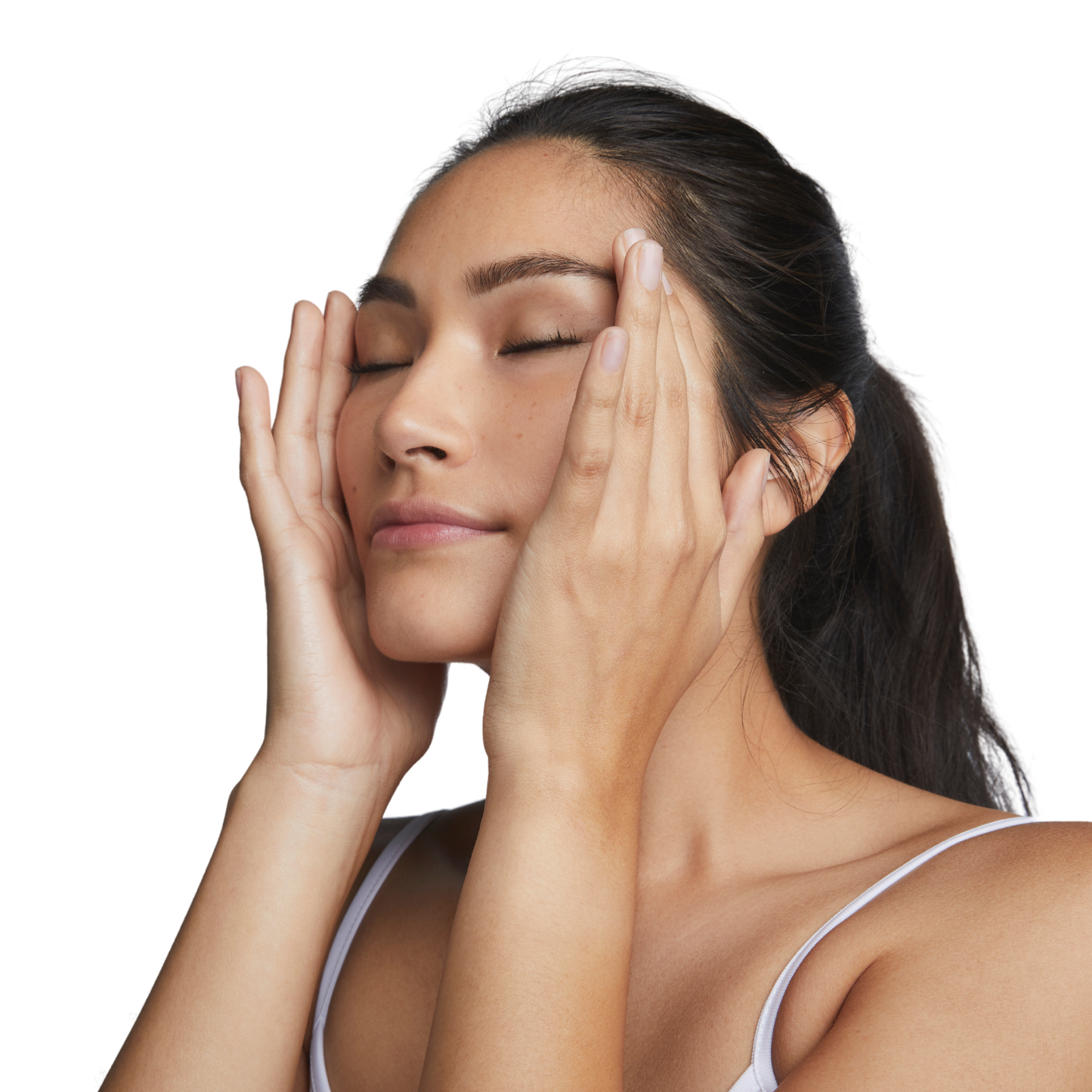
Polycystic Ovary Syndrome
What is Polycystic Ovary Syndrome?
Polycystic ovary syndrome, or PCOS, is a condition in which a woman’s levels of the sex hormones - estrogen, progesterone and testosterone - are out of balance. This leads to the growth of ovarian cysts (benign masses on the ovaries). PCOS is the most common endocrine disorder in women of reproductive age.
Shop products suitable for PCOS
Treatment of PCOS
As PCOS is a long-term condition, long-term management is needed. Management of PCOS can include lifestyle modifications, weight reduction and treatment with hormones or medications. Research has shown that even a 5 to 10 per cent loss of weight in those who are overweight can restore normal hormone production and help regulate periods and improve fertility.
Medical treatments
Your doctor may refer you to either an endocrinologist (hormone specialist) or a gynaecologist, as well as a dietician. The oral contraceptive pill may be prescribed for contraception, to regulate the cycle and reduce hirsutism (excess hair) and acne. Fertility medications may be prescribed in the case of infertility.
Complimentary treatments
A naturopath or nutritionist can create a programme to improve your diet and lifestyle and, if applicable, address weight issues. Additionally, Chinese or Western herbs along with certain supplements may be recommended to help manage the symptoms of PCOS.
MV Skintheapy treatments
We have a range of products to help those with PCOS. These products simplify a daily routine to avoid over-stimulation or stripping, to help balance a more oily skin and to help reduce inflammation and speed the healing process where acne is present. Click below for our recommended daily routine.
MORNING:
Cleanse
Cleanse with Gentle Cream Cleanser, removing with a warm damp muslin cloth or face washer.
Moisturise V1
Immediately after cleansing, spritz with Rose Hydrating Mist. Then, while skin is still damp, follow with 2 drops of Pure Jojoba and/or Rose Plus Booster. On normal to dry areas you can then follow with half a pump of Rose Soothing & Protective Moisturiser.
Moisturise V2
Immediately after cleansing, spritz with Rose Hydrating Mist. Then, while skin is still damp, massage half a pump of Native Power Serum over the face until completely absorbed and follow with 2 drops of Pure Jojoba and/or Rose Plus Booster. On normal to dry areas you can then follow with half a pump of Rose Soothing & Protective Moisturiser.
Where the skin is oily with some dry areas, use only a very small amount of moisturiser blended with a few pumps of the mist to create a light lotion.
EVENING:
Repeat the morning cleansing routine then, while the skin is still damp, follow with Pure Jojoba or Rose Plus Booster as your night treatment.
Unless your skin is extremely dry, avoid the temptation to use a moisturiser at night.
APPLICATION TIPS
The Rose Plus Booster and Rose Soothing & Protective Moisturiser can be applied in several ways:
1. Morning – apply two drops of Rose Booster before applying the Rose Moisturiser
2. Morning – add two drops of Rose Booster to your Rose Moisturiser, blend together, then apply
3. Evening – apply Rose Booster directly onto damp, cleansed skin as your night treatment
WEEKLY TREATMENTS
Where there is no hyper-sensitivity, you may introduce the 9 Oil Radiance Tonic as a decongesting, deep cleansing and balancing treatment 3-4 times a week.
A wonderful treatment for those suffering from PCOS is the Signature Mineral Mask, as it is softening, soothing, strengthening and decongesting. Additionally it helps speed healing so is ideal for breakouts.
View the MV 3 Minute Mask Ritual video for correct application and removal tips.
NB Always patch test a newly introduced product first and, if irritation occurs, discontinue use.
In those suffering from PCOS, at least two of the following occur, and often all three:
- Many tiny cysts (follicles) develop in the ovaries.
- The balance of hormones that you make in the ovaries is altered. In particular, your ovaries make more than normal of the male hormone testosterone.
- You do not ovulate each month and some women do not ovulate at all. If you do not ovulate then you may not have a period.
Sharon's Key Tips
MV Skintherapy's founder, Sharon McGlinchey's key tips for young and mature skins with PCOS.
1. Avoid splashing your face with water either at the sink or in the shower. Instead, use a warm (not hot) compress cloth to cleanse.
In particular, avoid using foaming cleansers, gels and exfoliants, as they can strip our protective barrier and cause micro-trauma. This overstimulates and irritates the skin, ultimately compromising skin health and resilience.
2. To protect your reactive skin from the harsh and often drying effects of water, smooth 2-3 drops of MV Pure Jojoba over freshly cleansed skin prior to showering. This way when you emerge, your skin will not feel dry and tight and look blotchy.
3. Watch the MV 3 Minute Skin Ritual to get the very most from your MV products.
4. Watch the MV 3 Minute Mask Ritual to familiarise yourself with correct mask consistency, application and removal.
5. For a minimum of 6 weeks, use the suggested products* for PCOS to desensitise, balance and strengthen the skin.
6. Once improvement is noted, you may then introduce MV’s Signature Mineral Mask.
7. Never allow an MV Mask to dry completely, as this will draw moisture from the surface of the skin resulting in dehydration and irritation.
8. Visit an experienced beauty therapist if you have significant congestion including blackheads. The removal of compacted blackheads minimises the appearance of open pores once your condition improves.
What causes PCOS?
The cause of PCOS is unknown but most experts agree there is strong evidence that it is a genetic disease. Women with PCOS are more likely to have a mother or sister with PCOS.
Symptoms of polycystic ovary syndrome
Women who have PCOS may experience:
- irregular menstrual cycles — menstruation may be less or more frequent due to less frequent ovulation
- amenorrhoea (no periods) — some women with PCOS do not menstruate, in some cases for many years
- excessive hair growth and acne — possible due to the increase of male hormones
- scalp hair loss
- reduced fertility — related to less frequent or absent ovulation
- mood changes — including anxiety and depression
- obesity







